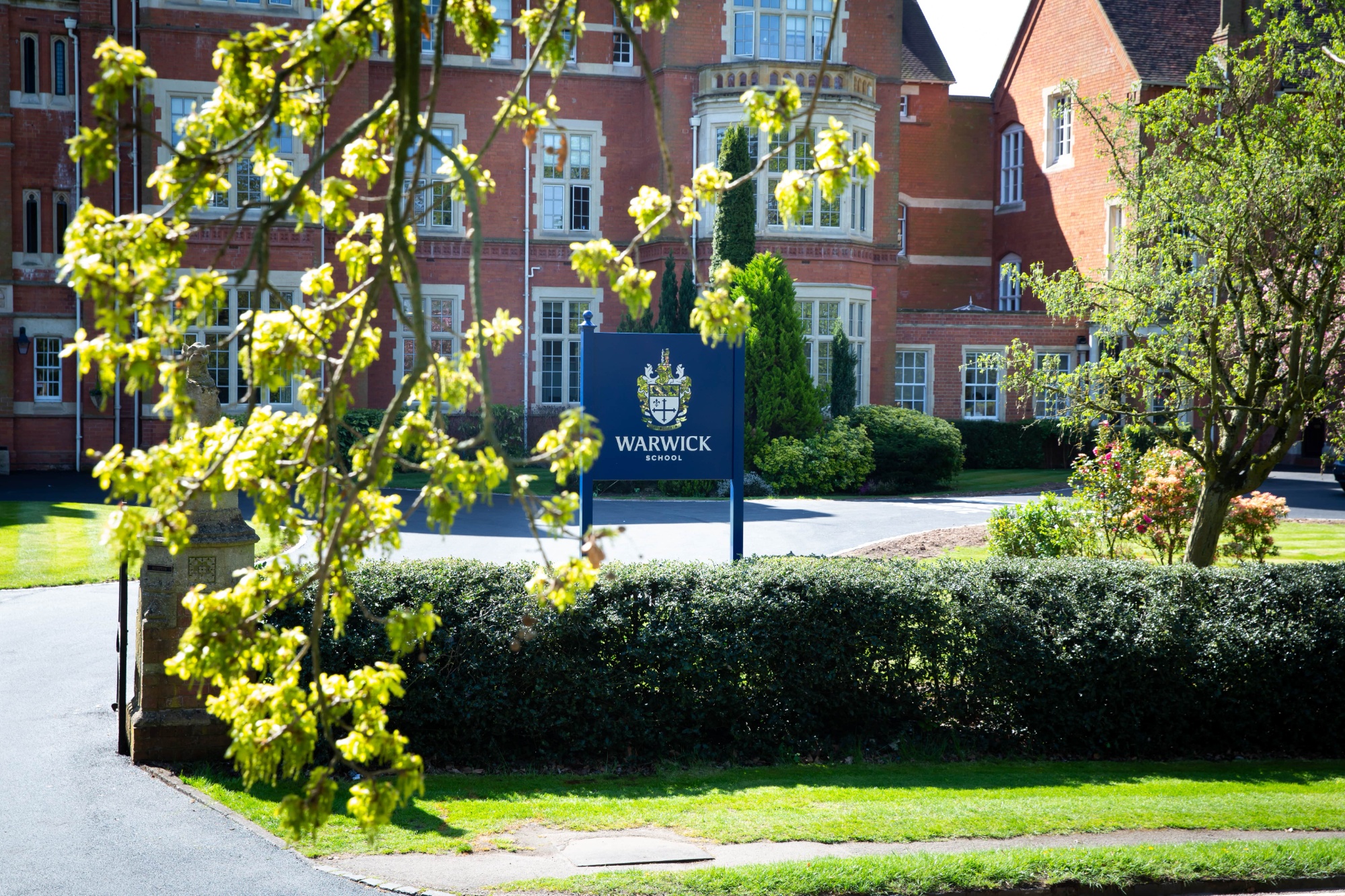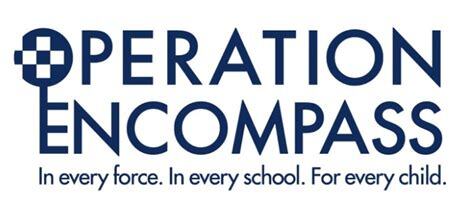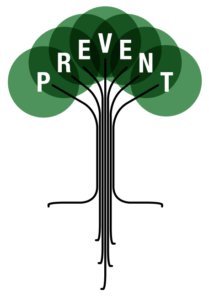Triathlons, Twain, and 2022
.jpg)
Happy New Year!
It has been fantastic to welcome the boys back on site this week. Although the emergence of the Omicron variant has meant the last-minute introduction of some additional mitigations, things could be significantly worse - after all, last year began with an announcement that schools would be closed! Although it’s not the start to 2022 which we had all been hoping for, if these measures help to keep your sons in school then they are the lesser of two evils.
Despite the next few months looking increasingly uncertain, the start of a new year is always a time to reflect on what has passed and to look to the future. Almost every year of my adult life I’ve started the new year with a set of resolutions I’ve been determined to keep, and I am far from alone in my determination to start each year with a plan for self-improvement. A recent survey of over 2,000 UK adults conducted by the insurers GoCompare found that 40% planned to make resolutions for 2022.
It is hard to establish exactly when this tradition first began. Literary references to self-improvement go back centuries, to Chinese antiquity and the Stoics. On 1 January 1863, the American writer and humourist Mark Twain, author of arguably the great American novel The Adventures Huckleberry Finn, wrote; ‘Yesterday, everybody smoked his last cigar, took his last drink, and swore his last oath’, indicating that the practice of tying goals to the turn of the year was well established even then
In the last few years, throughout the Christmas season and well into January, the internet has been awash with anti ‘New Year’s Resolution’ messages. From influencers telling you the best time to start is ‘right now’ through to statistic driven online coaches focusing on the rates of failure associated with this January tradition. They may have a point. Twain again;
‘Today we are a pious and exemplary community. Thirty days from now, we shall have cast our reformation to the wind’s and gone to cutting our ancient shortcomings considerably shorter than ever. We shall also reflect pleasantly upon how we did the same old thing last year about this time.’
According to statistics published in the New York Times, more than half of all resolutions fail and one third of resolutioners don’t make it past the end of January.
To those who do not participate in this annual tradition, the very act of creating a New Year’s Resolution can seem illogical. Rationally speaking 1 January should be no better than any other day to make a life change – so why put needless pressure on ourselves to ‘upgrade’ our lives at the opening of a new year? However, according to a recent YouGov survey, 35% of people who made resolutions managed to stick to all of their goals and half managed to keep at least some of their resolutions. Clearly there are a lot of people who are successfully making positive changes to their lives because of this custom.
Arguably then there is power in using 1 January as a springboard towards long-term change and there are good reasons to begin a new regime on the first day of a new year.
Rather than seeing our lives as a continuum we tend to divide it into separate chapters and this can create a psychological distance from past failures, allowing us to feel that any mistake was made by the ‘old you’ and the new you will do better. The New Year is a compelling pivot point at which to begin a new chapter, and there is significant psychological research evidencing the positive impact of the ‘fresh start effect’ on changing behaviours and building new habits.
Self-review is an important part of personal growth and the fresh start effect supports the view that the start of a new year is as good a time as any to do this. So, the question is, how do we capitalise on this phenomenon and increase the chances of sticking to our goals for 2022?
The key appears to be in picking the right resolution. Most resolutions fail because they’re not the right resolution. A resolution may be wrong because it’s based on what someone else or society is telling you, rather than something that you personally want to change; alternatively it may be too vague, or you may not have a realistic plan for achieving your resolution. To be effective, resolutions should be SMART, an acronym that dates from the 1980s and stands for specific, measurable, achievable, relevant and time bound. The GoCompare survey identified the following as this year’s top ten resolutions;
- Lose weight
- Eat healthier or change diet
- Get fitter and take more exercise
- Spend more time with family and friends
- Be more aware and take care of mental health
- Sort out finances and cut back spending
- Travel more
- Take up a new hobby, sport or other interest
- Be more environmentally friendly
- Look for a new job
How many of them are SMART? So rather than a vague goal like ‘get fitter and take more exercise’, if you do decide that you want to use the new year as a springboard for improving our fitness, you should begin by identifying what for you would constitute being fit. What is it that you want to be able to do? Then ask yourself where you are now, how long it will take you to reach this level, and what exercise you will take and when in order to achieve this?
This year I have decided to set myself several goals or challenges. One is to complete a sprint triathlon time. A sprint triathlon consists of a 750m swim followed by a 20km bike ride and then finally a 5km run. I want to complete this in less than 90mins. This is realistic, but it won’t be easy. I’m a decent cyclist and runner, but swimming is something I find challenging. A triathlon is something I’ve wanted to do for a while, but I’ve somehow never quite found the time. This year will be different! I’ve signed up and paid for entry in the Blenheim Park Triathlon on 29 May and now I’m committed to a specific, measurable, achievable, relevant and time-bound goal.
For Christmas I got a new notebook and alongside assembly and blog ideas, reading suggestions and inspirational quotes is my plan for achieving this goal. The plan is simple, to make regular running, cycling and swimming a habit and hopefully one that will stick with me beyond 29 May and the completion of this challenge.
One of the best ways to hack your psychology for success is to lean into our brains love of repetition. Repetition plays a pivotal role in habit formation. This is because it breeds what neurologists call 'automaticity', an effect that essentially puts certain behaviours or actions on autopilot to conserve energy. But how do you ensure repetition until the habit has stuck and autopilot has kicked in?
I’ve created a weekly training plan and a visual to represent it in my notebook. Every time I complete the prescribed session I mark it off on the plan. Hopefully soon I’ll begin to see a successful pattern coming together that will remind me of the effort I’m putting in, and give me a serious incentive not to break my ‘winning’ streak. Wednesday was day five and I’m already starting to see the benefits of this process.
On 5 January, the first day of the new term, I managed to fit in my run by waking far earlier than I had been over the holidays. I woke up stiff following the previous day’s efforts. It was cold outside. It would have been very easy to hit snooze and stay in bed for an extra 45 mins. But I didn’t. I have committed to a goal and a plan and on this occasion my motivation to stick to this, to achieve my goal, and to tick off that day’s session in my notebook won the battle!
How you frame your resolutions can also make an important difference. A study by Stockholm University tracked over 1,000 people who made New Year’s Resolution at the end of 2017. The study placed resolutions into two categories; avoidance goals, for example quitting chocolate, caffeine or social media; and approach goals, which involve adopting a new habit such as swimming twice a week or practising guitar in the evening. The participants were approximately 25% more likely to meet their approach goals. Fortunately, we can usually turn an avoidance goal into an approach one and thereby increase our chances of success. For example, if you want to reduce your social media use, identify the times when you normally engage with social media and find an alternative activity you will complete at that time, for example reading ten pages of a book every night before going to bed.
Finally - persevere. Failure isn’t final. Broken your streak? Fallen back into old habits? Who hasn’t? There isn’t a single successful person alive who can say they’ve never been side-tracked, waylaid or encountered some form of setback on the road to success. The only factor that makes any failure final is making the choice to quit. So, take it easy on yourself, accept that you’re a fallible human, just like the rest of us, and pick back up from where you left off.
While none of us should feel any compulsion to make New Year’s resolutions, the start of this new year and this new term seems an appropriate time for us to look back at the things that went well for us, and the things that didn’t go so smoothly, in 2021. Let us be thankful for all the things that went well and seek opportunities to tackle the things that were difficult. Let us identify changes we want to make and devise a plan to achieve them that builds on our individual strengths, and allows us to fulfil our responsibility to realise our potential - and to create a better world around us.











